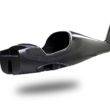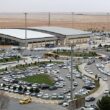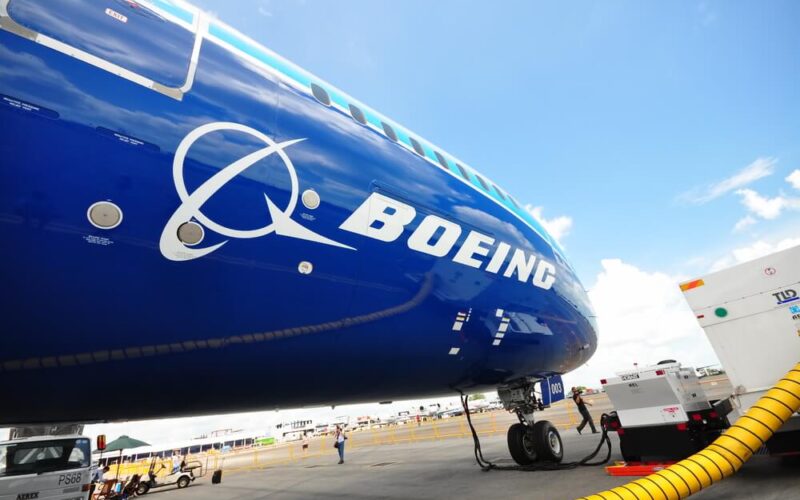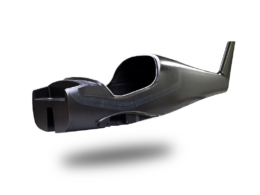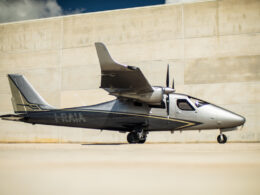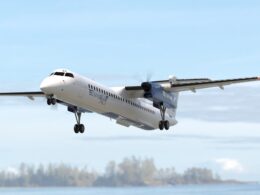On October 29, 2019, Dennis Muilenburg, the Chief Executive Officer of Boeing, is set to testify for the U.S. Senate on the 737 MAX. Ahead of the hearing, the company has released Muilenburg’s opening statement, in which he admits mistakes were made and outlines safety-related measures the company has implemented so far.
In the testimony, Muilenburg admits “While the Ethiopian Airlines accident is still under investigation by authorities in Ethiopia, we know that both accidents involved the repeated activation of a flight control software function called MCAS, which responded to erroneous signals from a sensor that measures the airplane’s angle of attack”
“We have learned and are still learning from these accidents,” Boeing CEO is to state. “We know we made mistakes and got some things wrong. We own that, and we are fixing them”.
The testimony date coincides with, in Muilenburg’s words, “the solemn anniversary of the loss of Lion Air Flight 610”. Lion Air flight 610, operated on a three-month-old Boeing 737 MAX 8, downed and crashed into the Java sea exactly one year ago ‒ on October 29, 2018. The final investigation report, released on October 25, 2019, outlines Boeing’s MCAS system design and development as one of the primary reasons for the accident.
MCAS is in the spotlight of the 737 MAX crisis and as the CEO of the company outlined, the manufacturer spent over “100,000 engineering and test hours” on improvements to the narrow-body jet. “We’ve also flown more than 814 test flights with the updated software and conducted numerous simulator sessions with 545 participants from 99 customers and 41 global regulators.”
But the process has not been smooth, as it “has taken longer than we originally expected, but we’re committed to getting it right, and return-to-service timing is completely dependent on answering each and every question from the Federal Aviation Administration (FAA)”, notes Muilenburg.
Boeing was supposed to ship a software update in early-2019, a deadline which was moved several times. Following the second crash in Ethiopia, on March 11, 2019, a press release issued by the manufacturer stated that it worked closely with the FAA and following certification of the software enhancement, it “will be deployed across the 737 MAX fleet in the coming weeks”.
Nevertheless, the company’s CEO “could not be more confident in our solutions”, as the MAX “will be one of the safest airplanes ever to fly” when it returns to service.
When the company presented its Q3 2019 financial results, Boeing was still hopeful that the FAA would certify the MAX to fly in Q4 2019.
“I want to answer all of your questions and convey to the world that we are doing everything in our power to make our airplanes and our industry safer and prevent an accident like this from ever happening again”, Muilenburg’s closing statement says.
“And, Mr. Chairman, you have my personal commitment that I will do everything I can to make sure we live up to that promise.”
Dennis Muilenburg together with Boeing Commercial Airplanes Chief Engineer John Hamilton are to testify before the U.S. Senate later on October 29, 2019. On October 30, 2019, Muilenburg will testify before the United States’ House Committee on Transportation and Infrastructure.


